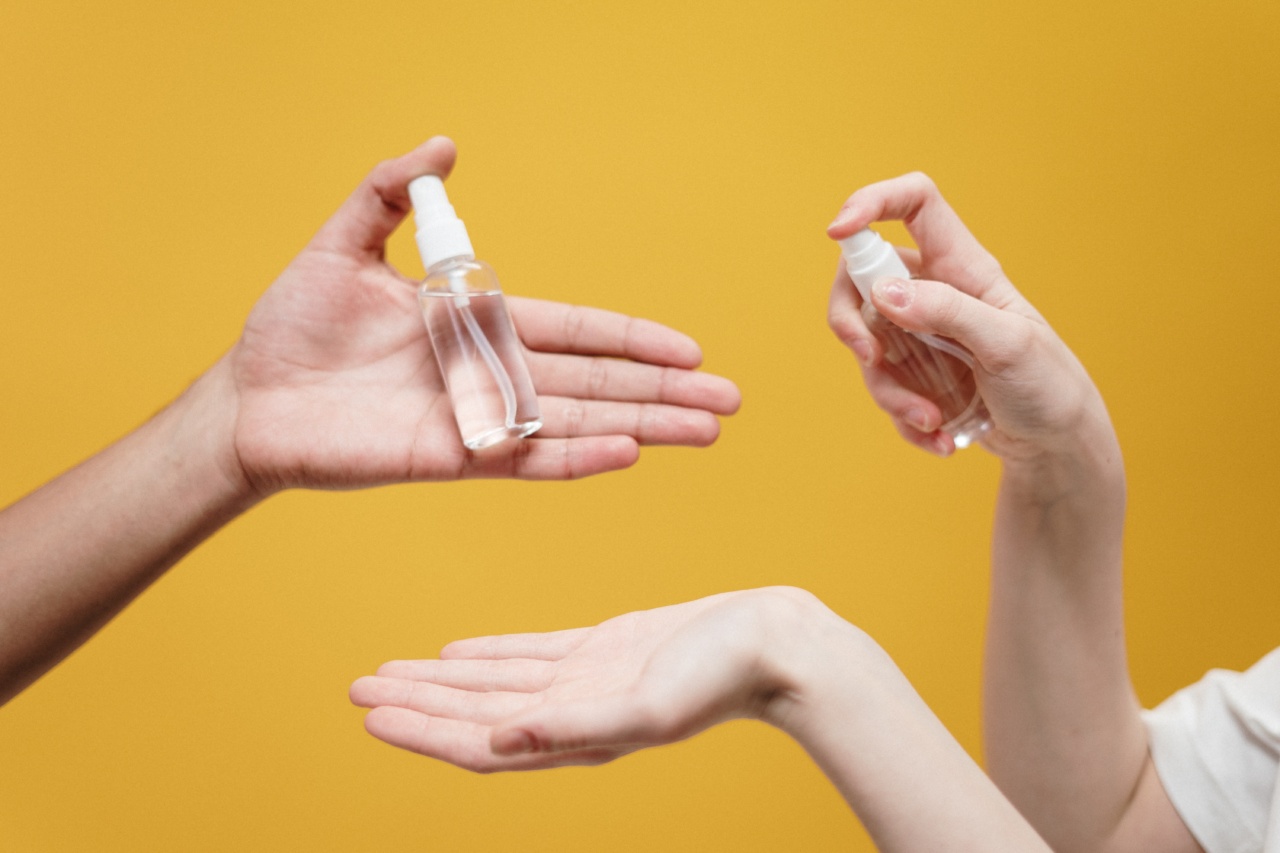Alcohol is a widely consumed beverage worldwide, enjoyed by many for relaxation, socializing, and celebration. However, excessive alcohol consumption can significantly impact our health, particularly the health of our liver.
The liver plays a crucial role in metabolizing alcohol, and prolonged heavy drinking can lead to various liver diseases and complications. Therefore, it is important to understand what is considered a safe amount of alcohol for our liver and the potential consequences of exceeding those limits.
Understanding the Effects of Alcohol on the Liver
The liver is responsible for filtering and detoxifying the substances that enter our body, including alcohol. When we consume alcohol, it is primarily metabolized in the liver.
However, excessive alcohol consumption can overwhelm the liver’s ability to process it effectively, leading to liver damage and other health problems.
Regular and heavy alcohol consumption can cause:.
1. Alcoholic Fatty Liver Disease
Excessive alcohol intake can cause fat to accumulate in the liver, resulting in alcoholic fatty liver disease. This condition, if left untreated, can progress to more severe liver diseases such as alcoholic hepatitis and cirrhosis.
2. Alcoholic Hepatitis
Alcoholic hepatitis is characterized by inflammation and swelling of the liver. It can cause symptoms like jaundice, abdominal pain, and liver dysfunction. If not addressed promptly, alcoholic hepatitis can lead to irreversible liver damage.
3. Alcoholic Cirrhosis
Alcoholic cirrhosis is the most advanced stage of liver disease caused by excessive alcohol consumption. It occurs when healthy liver tissue is replaced by scar tissue, impairing liver function.
Cirrhosis is irreversible and can lead to life-threatening complications, including liver failure and liver cancer.
4. Increased Risk of Liver Cancer
Long-term, heavy alcohol consumption significantly increases the risk of developing liver cancer. Alcohol-related liver cancer is one of the leading causes of cancer-related deaths worldwide.
Safe Guidelines for Alcohol Consumption
To maintain a healthy liver and minimize the risk of alcohol-related liver diseases, it is essential to follow safe guidelines for alcohol consumption.
Different organizations and health authorities provide varying recommendations, but generally, the following guidelines are considered safe for most individuals:.
1. Moderate Drinking
Moderate drinking refers to consuming alcohol in moderation, which typically means no more than:.
– For men: Up to two standard drinks per day.
– For women: Up to one standard drink per day.
It is important to note that these guidelines are not a guarantee of safety. Some individuals, such as those with pre-existing liver conditions or other health concerns, may need to avoid alcohol altogether or consume it under medical supervision.
2. Alcohol-Free Days
In addition to consuming alcohol in moderation, it is beneficial for our liver to have alcohol-free days. This allows the liver time to rest and recover from the metabolic processes involved in alcohol metabolism.
Aim to have at least two to three alcohol-free days in a week.
3. Avoid Binge Drinking
Binge drinking, defined as consuming a large amount of alcohol within a short period, can have severe consequences on the liver and overall health.
To protect your liver, avoid binge drinking and try to spread your drinks evenly throughout the week or month.
4. Be Mindful of Mixers and Drink Concoctions
Alcoholic beverages often come with mixers or other ingredients that can add extra calories, sugar, or other substances that are harmful to the liver.
Opt for simpler drinks or use healthier mixers such as soda water, fresh fruit juice, or herbal infusions.
5. Know Your Limits and Listen to Your Body
Everyone’s tolerance and sensitivity to alcohol differ, so it is essential to listen to your body. If you start feeling unwell or notice any adverse effects after consuming alcohol, it may be a sign that your liver is struggling to process it.
Pay attention to these cues and consider reducing your alcohol intake accordingly.
Protecting Your Liver Health
While following safe guidelines for alcohol consumption is crucial, it is also important to adopt a holistic approach to promote liver health. Some additional ways to protect your liver include:.
1. Eat a Balanced Diet
A healthy diet plays a significant role in liver health. Consume a balanced diet rich in fruits, vegetables, whole grains, lean proteins, and healthy fats.
Avoid excessive intake of processed foods, refined sugars, and unhealthy fats, as they can contribute to liver damage.
2. Get Regular Exercise
Regular physical activity not only supports overall well-being but also promotes liver health. Exercise helps reduce fatty deposits in the liver and improves liver function.
3. Stay Hydrated
Proper hydration is essential for maintaining optimal liver function. Aim to drink an adequate amount of water throughout the day, as it helps flush out toxins and supports liver health.
4. Avoid Smoking and Drug Abuse
Smoking and illicit drug use can significantly harm the liver and increase the risk of liver diseases. Avoiding these substances altogether is the best way to protect your liver and overall health.
5. Regular Liver Check-ups
Regular liver check-ups are crucial, especially if you have a history of heavy alcohol consumption or other risk factors for liver disease.
Blood tests and imaging studies can detect any potential liver damage at an early stage, allowing for timely interventions.
Conclusion
Understanding the safe amount of alcohol for your liver is essential for maintaining optimum liver health. Follow the guidelines for moderate drinking, alcohol-free days, and avoiding binge drinking.
Additionally, adopt a healthy lifestyle, including a balanced diet, regular exercise, and staying hydrated. It is important to listen to your body, prioritize your liver’s well-being, and seek medical advice if you have concerns about your liver health. Remember, a healthy liver leads to a healthier and happier life.































